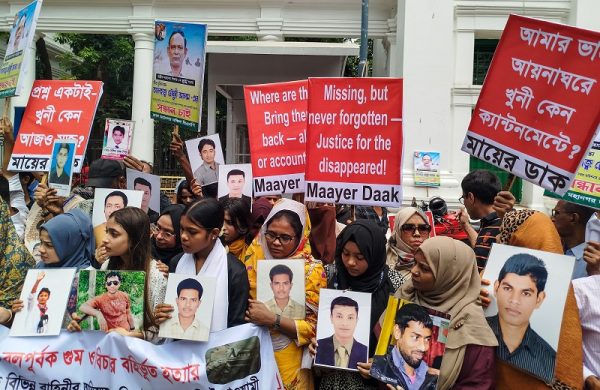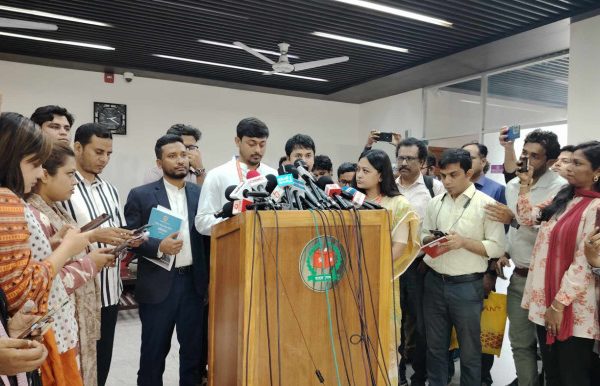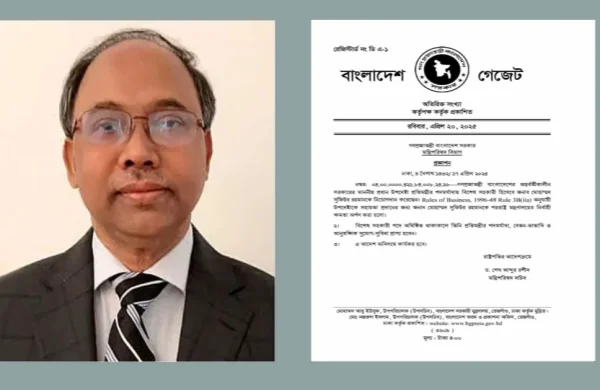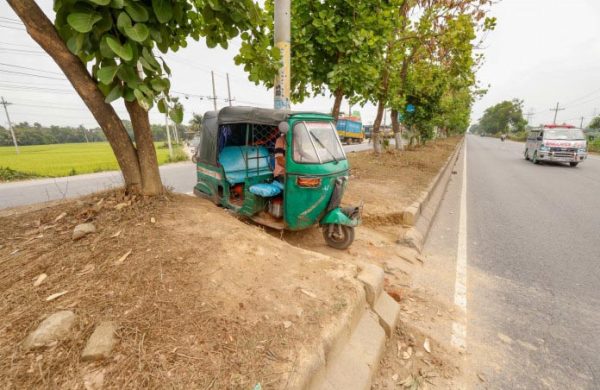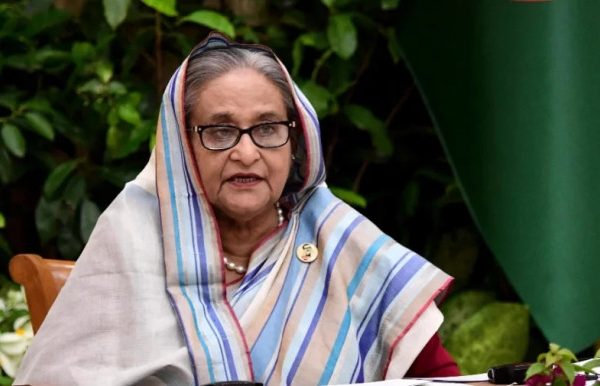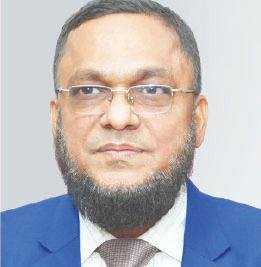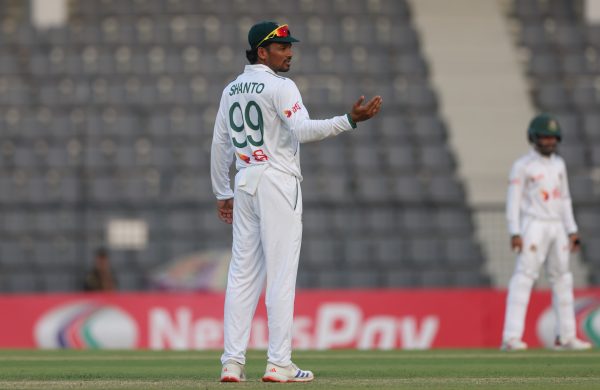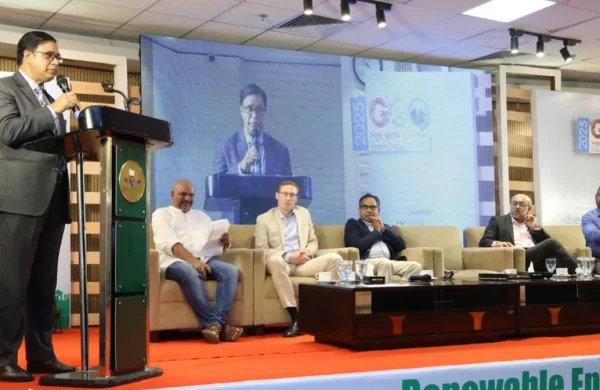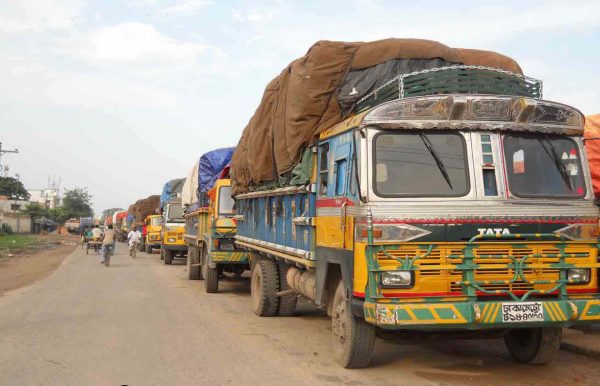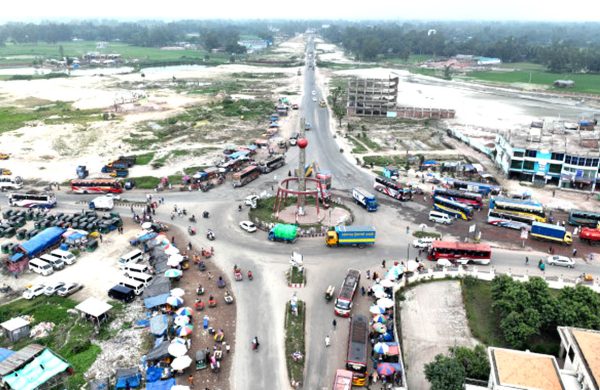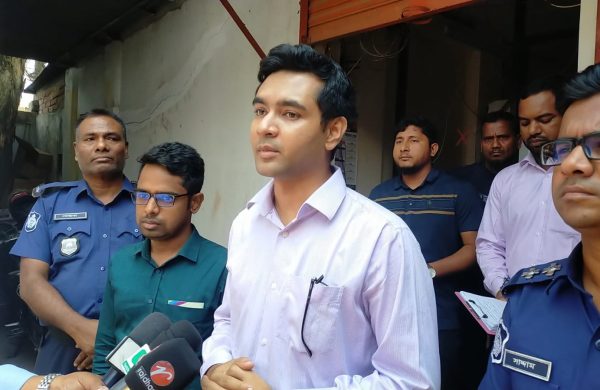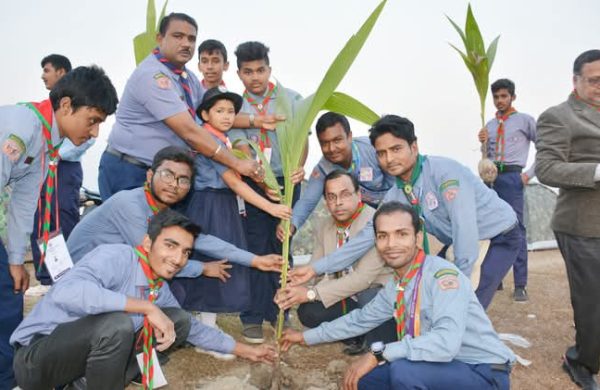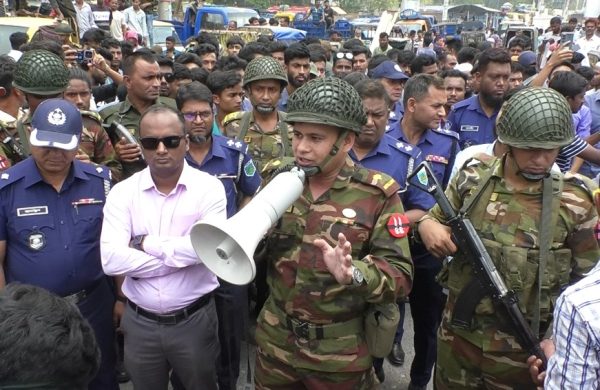Innovative Climate Smart Mapping Tool launched to aid farmers in coastal areas
- Update Time : Monday, November 25, 2024
- 63 Time View
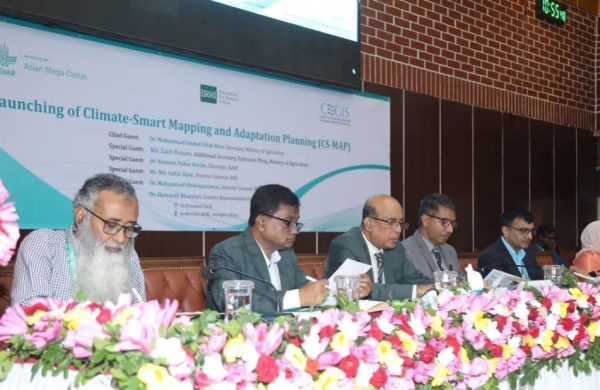
TDS Desk:
Climate-Smart Mapping and Adaptation Planning (CS-MAP) was launched on Sunday at the BARC Auditorium, Farmgate Dhaka.
The launch event marked a significant step toward equipping farmers and policymakers with the resources needed to address climate-related challenges.
Developed as part of the CGIAR Asian Mega Delta research initiative by the International Rice Research Institute (IRRI) in collaboration with the Center for Environmental and Geographic Information Services (CEGIS), CS-MAP aims to enhance food security and strengthen climate resilience.
Bangladesh, one of the world’s most vulnerable countries to extreme climatic disasters, faces increasing risks from floods, droughts, salinity, rising sea levels, and cyclones. These threats have profound implications for agricultural productivity, food security, and rural livelihoods. CS-MAP offers a participatory mapping approach that integrates scientific research with local expertise, identifying agricultural climate risks across 10 coastal districts and tailoring adaptation strategies to the specific needs of each region. By providing precise and actionable data, the tool empowers government officials and stakeholders to make informed decisions and implement effective agricultural planning.
The launch event brought together approximately 75 key stakeholders, including government officials, researchers, and development partners, to explore the innovative applications of CS-MAP. During the event, atlases detailing climate risks and adaptive measures were formally handed over to Deputy Directors of the Department of Agricultural Extension (DAE). Presentations and demonstrations illustrated the tool’s capabilities, emphasizing its potential to guide field-level interventions and long-term policy planning.
Dr. Mohammad Emdad Ullah Mian, Secretary of the Ministry of Agriculture and the event’s Chief Guest, emphasized the importance of incorporating research-driven innovations into national agricultural policies. He praised CS-MAP for its potential to provide realistic and impactful solutions to the challenges posed by climate change. Md. Saiful Alam, Director General of DAE, highlighted the tool’s capacity to bridge gaps between policy and implementation, ensuring agricultural strategies are rooted in data and local realities.
Dr. Nazmun Nahar Karim, Executive Chairman of BARC, called for enhanced collaboration between government and non-governmental institutions to optimize resource allocation and effectiveness in climate adaptation efforts. Meanwhile, Md. Zakir Hossain, Additional Secretary at the Ministry of Agriculture, underscored the need for ongoing research to understand evolving climate patterns and refine adaptation strategies. Concluding the event, Dr. Humnath Bhandari, IRRI Representative to Bangladesh and Chairperson of the event, expressed gratitude to all contributors and reaffirmed IRRI’s commitment to fostering climate-resilient agriculture in the region.



